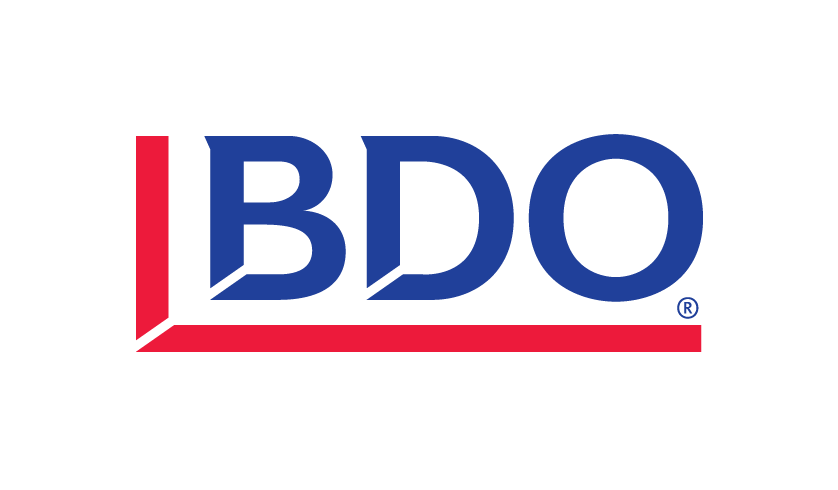First of all, let me make it clear that this article is not dealing with multiculturalism in the workplace, although I do have quite a bit of experience with that, and I am a huge fan of it as well. What I am talking about is the diversification of skill sets – the ability to be able to perform a wide range of actions, whether they are related or seemingly completely unrelated.
In today’s professional world, it’s no longer enough to be an expert in a particular trade or field; it is becoming more advantageous to be a jack-of-all-trades. For example, having experience in multiple fields allows us to:
Pull from a deep pool of experiences.
One of the largest benefits from having experiences in multiple fields is the ability to be able to call back on those experiences. For example, in the last four years I’ve taught and tutored at various grade levels and have dealt with a wide variety of school subjects. The experience of having to stand in front of and explain topics to others came in handy in one of my previous internships when I was asked if I could teach the basic tools of Photoshop, which led to me giving a few classes to those that were interested at the company.
Be flexible when approaching tasks.
Following in line with having a deeper pool of experiences, the more diversified the experiences are, at least in my opinion, the more flexible we can be in the way we take on assignments. Sometimes a more analytical approach will be better when dealing with a creative assignment, or sometimes a more creative train of thought is better suited when analyzing the latest consumer figures from a marketing campaign. In either case, it helps to think outside of the box.
Be more open to new and unknown assignments at work.
The more that a person has gone out of their way to try new things, the more open they’ll be to continuing to try new things; the same can be said at work. I believe that the more diversified an employee is in terms of experience, the more willing they’ll be to take on new tasks at work, even if they fall outside of their general field of expertise. We’ll tend to look at the assignment as a learning experience, something that we can learn and grow from, even if we are not entirely familiar with the topic.
The learning doesn’t stop after our degree. In fact, it only grows in volume, benefit and excitement.






